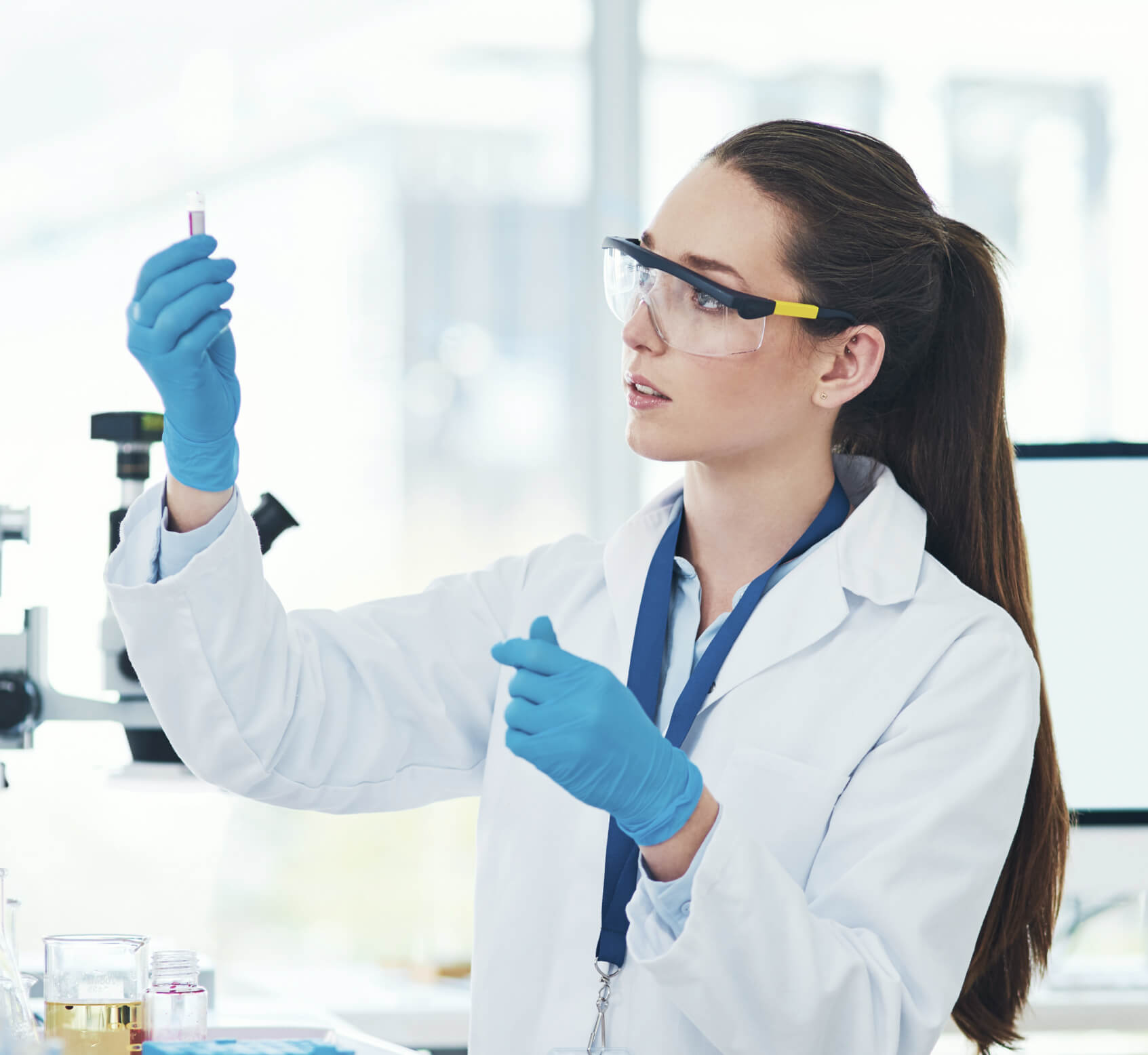Culture module
We’ve delivered an embedded system and human-machine interface design for the culture module, the core instrument of the organ-on-a-chip platform which automates the flow of culture media through the chip’s microfluidic channels and creates mechanical stresses to stimulate organ pressure.
The embedded IoT system is designed for running, observing,and calibrating studies on the culture module and sending study and other data to the platform management application via a MQTT protocol for analysis. The system collects various data such as study status, progress, pressure, and temperature. It has the following key functionality:
●
Automated process to program culture conditions
●
Control of stretch parameters
●
Control of media flow rates in chips
●
Functionality to eliminate bubble formation
Study management and data analytics
ITRex has also built study management and data analytics software that provides researchers with protocols and study plans, allowing them to design and run experiments, and perform data analysis.
The mobile/desktop solution is based on microservices to ensure scalability, low coupling, and high cohesion, as well as faster builds and new feature rollouts. Integrated with OpenID Connect for secure user sign-in, the study management and data analytics solution has the following functionality:
●
Templates of culture protocols for study design
●
Study timeline page displaying tasks of the culture protocol
●
Ability to edit the timeline by adding notes and images
●
Ability to assign and change chips for the study
●
Master Datasheet for the in-app storage of study design and execution activities
●
Data analytics tool that provides calculators supporting a range of formulas and running calculations with a single click
●
Easy-to-use admin panel allowing admins to manage user roles and permissions in different studies to ensure security in research




















